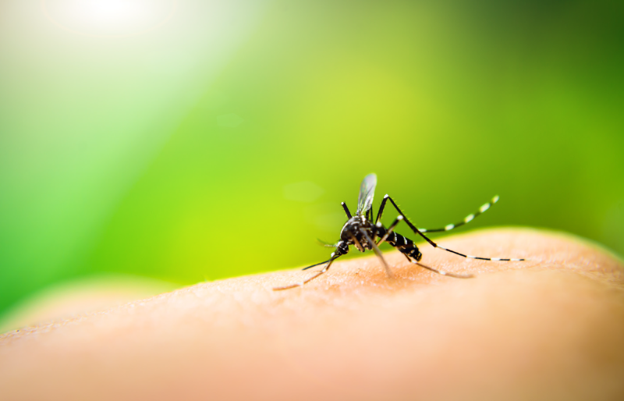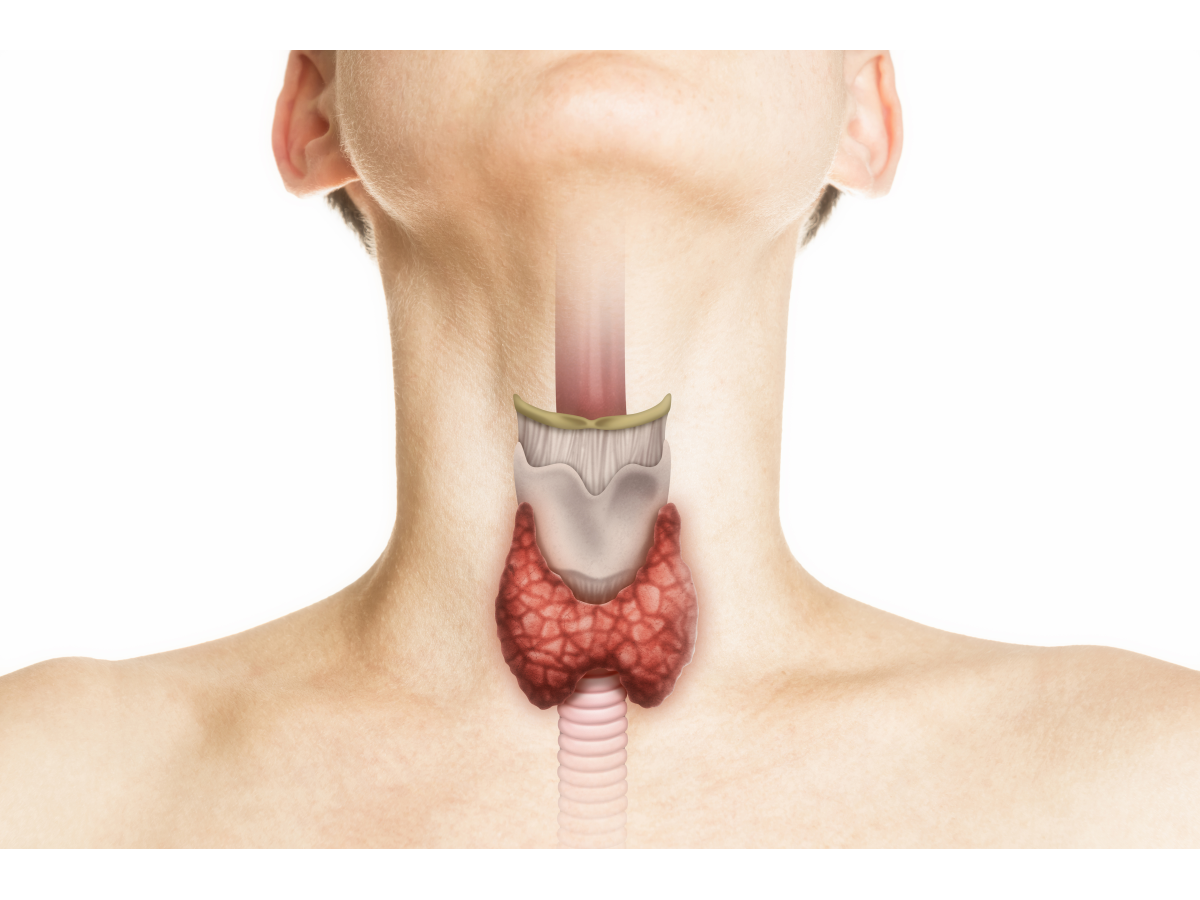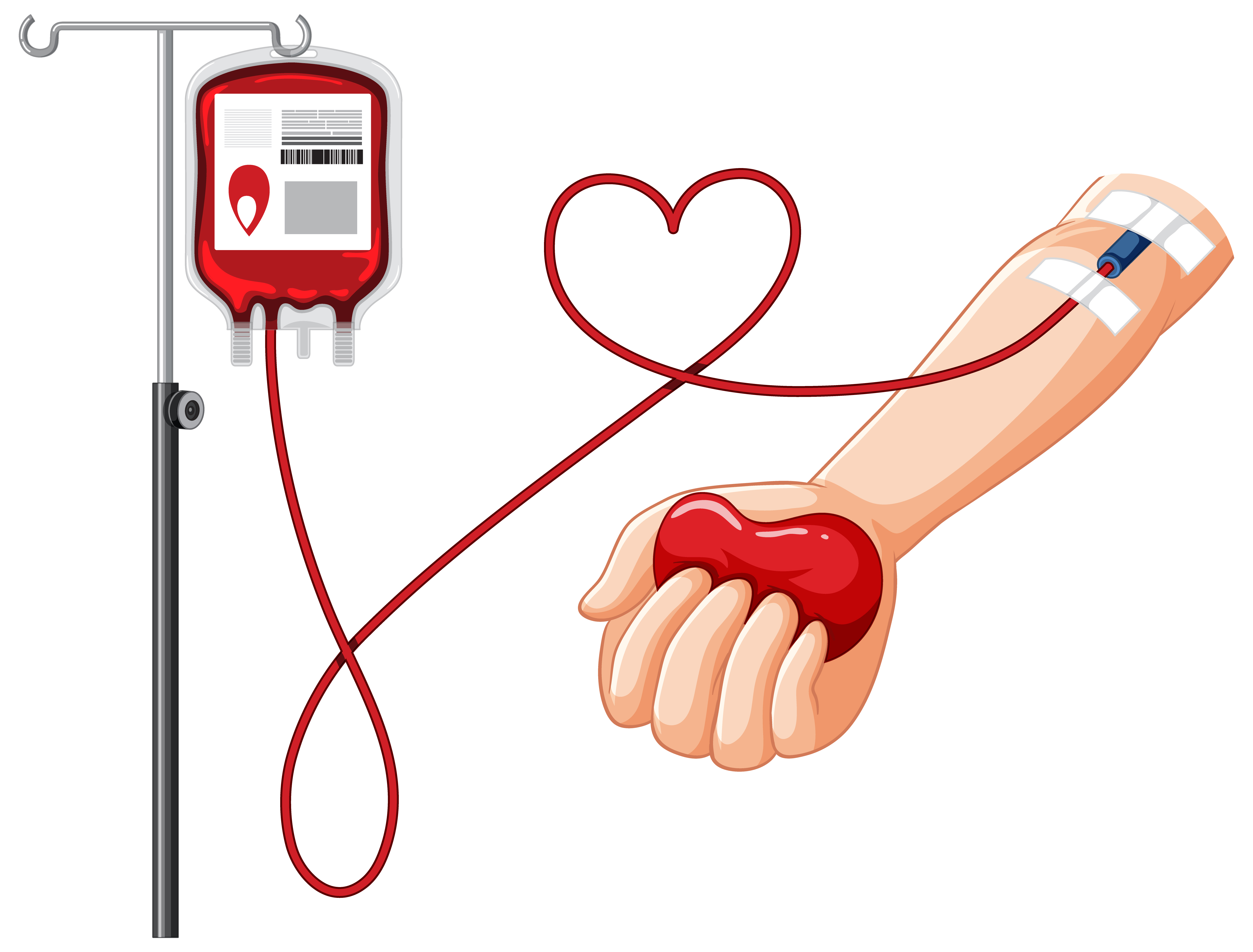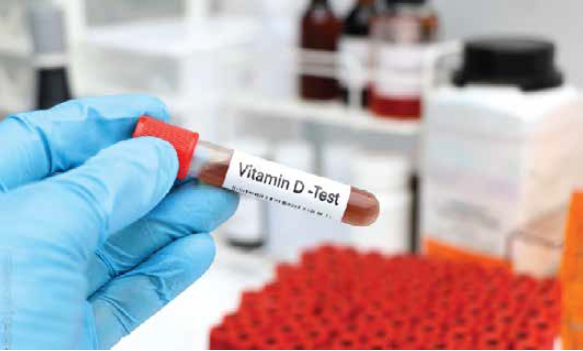
2024-01-20 16:40:00
DENGUE Small Bite, Big Threat
Dengue (DENG-gey) fever is an infection caused by dengue viruses (4 serotypes DENV) transmitted by Aedes aegypti or Aedes albopictus mosquitoes while taking a blood meal. Infection may be asymptomatic or present with a broad range of clinical manifestations. Dengue fever cause high fever and flu-like symptoms. The severe form of dengue fever, also called dengue haemorrhagic fever, can cause serious bleeding, a sudden drop in blood pressure (shock) and death.

2023-12-16 12:26:00
Thyroid Health Redefined Introducing our State of the Art ELISA Product Range
Thyroid is a small, butterfly-shaped gland located at the front of the neck under the skin.

2023-03-13 10:00:00
Blood Bank ELISA
WHO recommends that all blood donations should be screened for infections prior to use. Screening for HIV, Hepatitis B, Hepatitis C, and Syphilis should be mandatory. Blood screening should be performed according to quality system requirements.
Read More
2023-02-21 10:00:00
Anti-Mullerian Harmone Ovarian Reserve Marker
Anti-Mullerian hormone or AMH is produced by the granulosa cells present in the ovarian follicles. The hormone is present in both males and females in their reproductive tissues. It plays a crucial role in the development of sex organs in the embryonal stage.
Read More
2023-02-06 10:00:00
BLOOD BANK RAPIDS Get the blood Donors tested for safe transfusion
The blood transfusion service in India is fragmented with a network of 2,760 blood banks owned by the public, private and not-for-profit sectors, collecting around 12 million units in a year. Most (77%) blood banks are attached to hospitals and 22% were stand-alone.
Read More
2023-01-10 10:45:00
Sunshine Vitamin to Stay Fit
A Vitamin-D deficiency is a global health issue and is one of the most common nutrient deficiencies. India gets surplus sun, yet a large percentage of Indians suffer from significant vitamin D deficiency. More than seven out of ten Indians lack in vitamins, and most of them suffer from vitamin D deficiency. The prevalence of Vitamin D deficiency in India ranged from 40% to 99%, with most of the studies reporting a prevalence of 80%–90%.It is prevalent in all the age groups and high-risk groups alike.